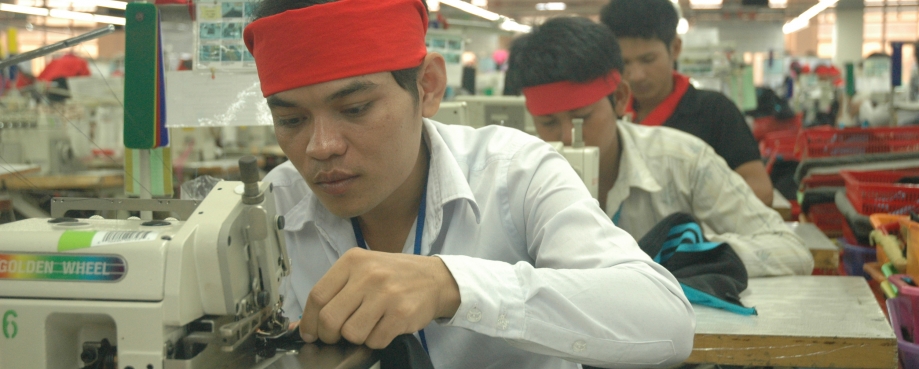
ETI’s newest guide on ethical trade and the SDGs shows how the Sustainable Development Goals (SDGs) are relevant to ethical trade and workers’ rights, particularly SDG8 on decent work and sustainable development, as well as other key goals. It also sets out the relationship between the SDGs, the UN Guiding Principles on Business and Human Rights (UNGPs) and ETI’s ongoing project work.
The UN’s Sustainable Development Goals (SDGs) are a universal call to action to end poverty, protect the planet and ensure that all people enjoy peace and prosperity.
The SDGs vision? To “leave no-one behind”.
All countries and all stakeholders, acting in collaborative partnership, are expected to implement the goals. That very definitely includes business. Why? Because the focus is on ending poverty by building global prosperity through equitable and sustainable means.
So, while national governments have been tasked with tracking and reporting on progress, the SDGs highlight the important role that the private sector must also play in delivering the goals.
ETI’s guide, Realise the Potential of Your Ethical Trade Programme therefore sets out some very practical steps on how businesses can contribute through promoting ethical trade and workers’ rights.
And it sets out the relationship between the SDGs, the UN Guiding Principles on Business and Human Rights (UNGPs), and ETI’s programme work.
Acknowledging that business has work to do
We must acknowledge that business can create adverse outcomes in relation to human rights, working conditions and the environment.
However, business can deliver very positive impacts and contribute to sustainable development (and therefore SDG targets) through various means – job creation for example.
Providing decent work, helping to ensure that people are paid a living wage, protecting people’s right to organize and bargain collectively, all contribute to economic and social progress and development.
Essentially, empowering workers and driving respect for human rights across global value chains is one of the most effective way for businesses to accelerate ethical trade and to contribute to development – in a way that is both sustainable and equitable in the long term.
An environment where businesses can flourish
The SDGs are effectively a blueprint for society to create an environment where businesses can flourish, create decent jobs and stimulate equitable economic growth, but to do so within the natural boundaries set by our planet.
This is ETI’s vision too.
Every day, we see ETI member companies demonstrating how to make powerful connections between their own sustainability plans and the SDGs.
That’s why our guide highlights the various ways in which ETI and its membership are contributing to achieving the SDGs through existing programmes, partnerships and country platforms.
Furthermore, we show how companies should work to embed respect for human rights at the heart of their business operations, rather than cherry-picking certain SDGs to focus on at the expense of others. Because, this is how businesses can best contribute to the people-part of sustainable development.
Using the SDGs to demonstrate progress
It’s important therefore that ETI members and other companies use the SDGs as a means of demonstrating progress on how they are successfully integrating UNGP-based due diligence processes into their business models.
This will help to advance the SDGs while delivering positive outcomes for employees working in supply chains. It’ll also help their families too.
For more information on the SDGs, see the resources section at the back of the ETI guide, or consult the United Nations Development Programme SDG page here.
